At Notaria 90 we are experts in three branches of law and we offer legal certainty in each of the services and procedures carried out with us.
Commercial and Corporate Law
Constitution of companies and associations
Constitution of companies and associations, attending to your needs and interests, and informing you of the advantages and disadvantages of each type of Company. Drafting of the bylaws and preparation of all the necessary procedures for the constitution and registration of the required Company.
Requirements:
- Five name options for reason social
- Purposes of the Company (corporate purpose).
- General information about partners or associates and identification documents.
- Registered office.
- Form of administration of the Company.
- Admission or non-admission of foreign partners or associates.
- Appointment of representatives.
- Delimitation of the integration of assets: amount of capital and assets contributed by the founding members.
- Official identification of the members.
Division of companies
A spin-off occurs when a company called the spin-off company (which transfers the assets, liabilities and capital to the newly created companies called spin-off companies) decides to become extinct or divide all or part of its assets, liabilities and/or share capital into two or more parts, and contribute them to other newly created companies; or when the spin-off company, without being extinguished, contributes en bloc part of its assets, liabilities or share capital to one or more newly created companies.
Requirements:
- The reasons for the split and the conditions under which it will be carried out.
- The name of the companies and the conditions under which it will be carried out.
- In the case of creation of new Companies, their statutes.
- The discrimination and valuation of the assets and liabilities that will be integrated into the assets of the beneficiary companies.
- The distribution among the partners of the splitting Company of the quotas, shares or interest that will correspond to them in the beneficiary Companies, with an explanation of the valuation methods used.
- The option that will be offered to bond holders.
- Financial statements of the Companies participating in the spin-off process.
- Date from which the accounting operations of the splitting Company are carried out by the beneficiary Company(ies).
Company Merger
Transfer of assets, rights and obligations from one or several companies to another that assumes such assets, rights and obligations, the first disappearing to give rise to the birth or strengthening of another, the transformation does not imply the disappearance of the Company, but simply the change of legal nature from one type of Company to another with the new rights and obligations that arise from such change.
Requirements:
- Minutes of each of the Companies.
- Reasons and conditions of the planned merger.
- Accounting data and figures of the Companies participating in the merger.
- Discrimination and valuation of the assets and liabilities that will participate in the merger.
- Explanatory annex of the methodology for valuing the assets of each company.
- Financial statements of the Companies to be merged.
Society Transformation
The transformation of a Company consists of existing in a corporate form or regime, taking the form of another of the types provided for by law. Likewise, it may be transformed and governed by another corporate regime.
Requirements:
- Article of incorporation of the Company.
- Partners’ agreement.
- Reasons for the transformation.
- Accounting data of the Company’s assets.
Protocolization of Assembly and Council Minutes.
It is about the preparation of assemblies held by Companies, where the agreements between partners are legally recorded. They are subsequently formalized in a public deed, and registered in the corresponding Public Registry of Property and Commerce.
Requirements:
- Book of company assembly minutes.
- Original signed meeting minutes and attendance list.
- Personality of the company (constituents and assemblies).
- Tax IDs and R1 with the obligation of partners or shareholders.
- Generals of the special delegate of the assembly.
Settlement
It is the phase of the life of the Commercial Company, which precedes its definitive extinction, characterized by the cancellation of its registration.
Real estate law
Buy and sell
It is an operation through which one person transmits to another the ownership and legitimate possession of a movable or immovable property in exchange for an amount of money. When the transfer involves real estate, whether it is a house, commercial premises, land, whether urban or rural, it must be carried out before an acting Notary Public in order to provide the formality and legality required by law for said act.
Requirements:
- Property deed.
- Property up to date.
- Last water bill.
- General information about sellers and buyers.
- Power of attorney (in case of representation of any of the appearing parties).
- Notary authorized by Infonavit and Fovisste
Donation
Through this contract, ownership of a movable or immovable property (land and/or land and buildings) is transferred free of charge; It can be from ascendants to descendants without limitation of degree, and between spouses.
Barter
Barter. Legal Act Transferring Domain. Where the parties (exchangers) simultaneously transmit the ownership of one asset each.
Constitution of condominiums.
It is the Legal Act that the owners of a Real Estate Instrument carry out before the Notarial Faith.
Advice is provided on the integration of the future regime portfolio so that it meets the requirements established by law.
Contribution to companies.
Corporate advice on your social contributions, at your assemblies.
Inheritance awards.
It is the judicial act through which a competent authority or notary public attributes or recognizes to a person the right to enjoy a property as a consequence of an hereditary division.
Requirements:
- Original will testimony.
- Appraisal.
- Last water bill.
- Certificate of Freedom or Encumbrance.
- Cadastral Certificate.
Awards by Judicial Auction.
Through this legal figure, the ownership of a movable or immovable property derived from an auction is transmitted to a person. Since it is a property, it must be formalized by public deed.
Requirements:
- Public deed of the property.
- Judicial instruction.
- Property up to date.
- General information about sellers and buyers.
- Power of attorney (in case of representation).
Formalización de Transmisiones de Propiedad.
Por divorcio, por juicios ordinarios civiles de otorgamiento y firma de escrituras.
Fideicomisos Traslativos de dominio. Es un contrato por medio del cual una persona física o moral (fideicomitente) transmite la propiedad de un bien mueble o inmueble, a una Institución Bancaria (fiduciaria) en beneficio de otra persona (fideicomisario), con fines habitacionales.
Requisitos:
- Antecedente de propiedad, en caso de ser inmuebles.
- Personalidad, generales y poder del delegado fiduciario.
- Generales de los fidecomitentes y fideicomisarios.
- Condiciones y fines del fideicomiso
Mortgages.
Mortgage contract to guarantee a real estate guarantee and registration thereof.
Cancellation of Mortgages
Cancellation of Mortgages. Release of real estate collateral.
Merger and Subdivision of properties.
Protocolization of real estate merger and subdivision licenses and registration thereof.
Transfer of Property in Execution of Trust.
Legal act in which the trustee transfers ownership of the trust assets to the trustee.
Dations in Payment.
Dation in payment is a way of extinguishing obligations, and occurs when the debtor, with the consent of the creditor, delivers something other than what is owed to the creditor, who accepts it with all the legal effects of payment.
Granting of credit and guarantee.
Civil law
Wills.
Through this instrument, the grantor designates the universal heir or legatees who will inherit his assets at the time of death. It is called a legacy when the Testator leaves a specific asset to a certain person, and the universal heirs are those who receive all the assets in general that may exist upon the death of the Testator. Whoever has executed a Will may revoke it and execute a new one at any time while he or she lives. Wills are very personal acts, so they must always be granted by the Testator in person, without any representative, and can only be granted when he is in full use of his mental faculties. The Heirs or Legatees may or may not be family members of the Testator, since he freely designates who will succeed him in his property.
Powers/Mandates.
Through this instrument, one or more people are designated to represent the grantor, and in his name and representation carry out any type of special or general act, such as representing him in court, to manage his assets, to make financial movements, to sell or buy goods, etc. These Powers may also be revoked at any time the principal wishes, using the same type of instrument in which they were granted.
Requirements:
- Specify type of power.
- General information of the principal and the representative.
- Procedure that will be carried out with said power.
- If the person granting the power is a legal entity, present the articles of incorporation, power of attorney and general terms of the representative.
- If it is a power of attorney, it is necessary to have two witnesses who present their corresponding official identification.
Revocation of powers.
Cancellation of mandate and notification of the same for rendering it ineffective.
Testamentary Successions.
It is the administrative trial that is made when the Testator has died, and the Heirs or Legatees appear before a notary to execute the last Will and obtain ownership of the inherited movable and immovable property. These Powers may also be revoked at any time the principal wishes, using the same type of instrument in which they were granted.
Requirements:
- Original will.
- Death certificate.
- Property deed
- General information of the heirs.
Intestacy Successions.
Intestate Succession proceeds when there is no will, or the one that was granted is null or lost its validity, people who believe they have the right to that person’s inheritance can approach to carry out the corresponding succession procedure (mainly children and wife); If the person who died was not married or had children, it will be the parents or, where appropriate, the siblings who must appear.
Requirements:
- Death certificate.
- Birth certificate of the person who died.
- Marriage certificate, if applicable.
- Birth certificates of all children.
- Two official identifications of the heirs.
- Two witnesses of legal age who have known the person who died and his family.
Transfers of Rights.
Mainly litigated and/or awarded.
Mutual or Loans.
Contracts in general.
Others
Comparison of documents and issuance of certified copies.
Comparison is an examination of several things to find similarities or appreciate differences between them.
Requirements:
- To compare documents, it is essential to present the original document that the notary intends to compare.
- Submit, along with the original, one more photostatic copy of the many that you intend to compare.
- Official identification.
Faith of facts
It is the Faith that a Notary Public makes of the facts or events that occur in a certain place at a certain time, prior to the request made to him for this.
Requeriments:
- Request letter to the notary.
- Place and time in which the notary’s presence is requested.
- Personality of the representative, in case the request is made by a legal entity.
Ratifications
It is the record by which the Notary states that the people who appeared before him came to recognize and ratify the signatures that they affixed to a certain document and that they state that they are in their handwriting.
Requirements:
- The original of the document whose signatures will be ratified.






